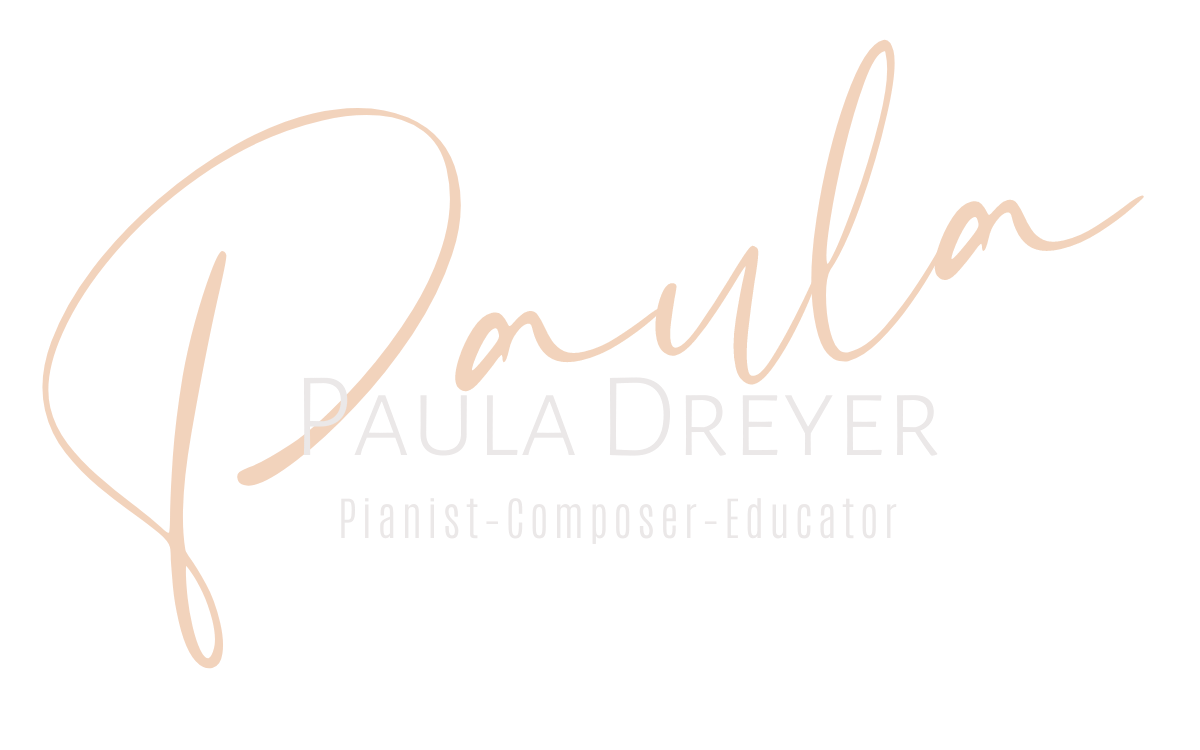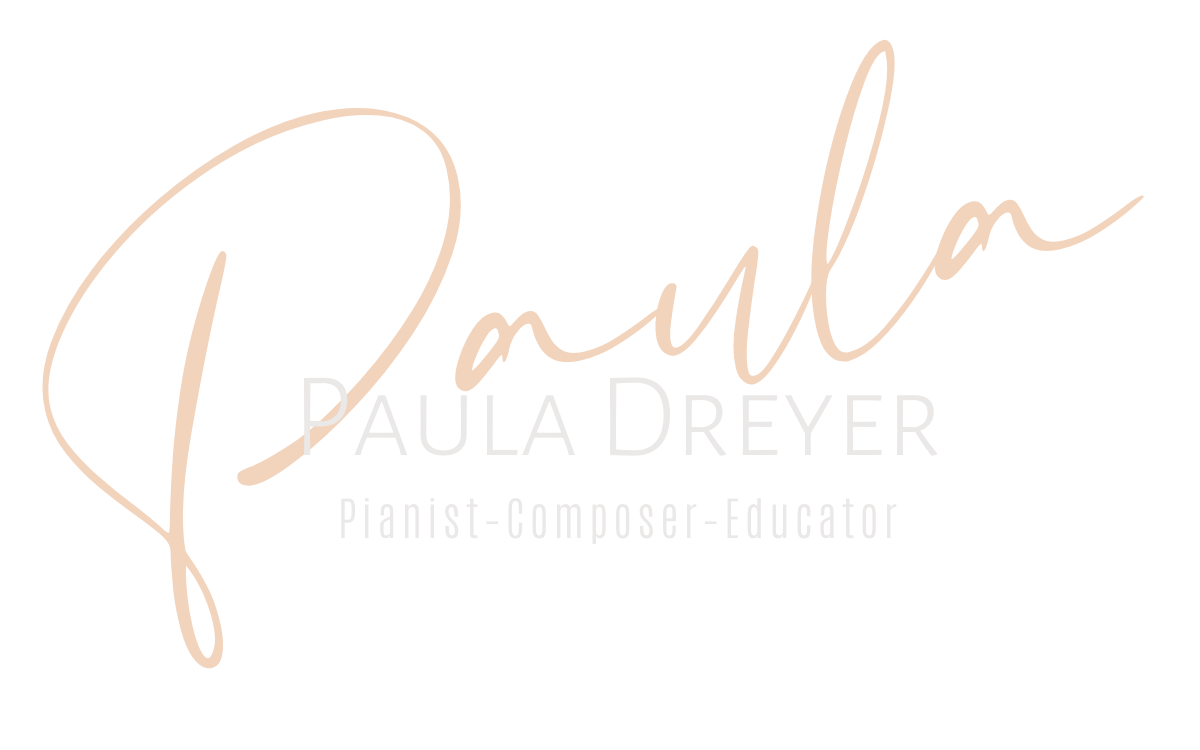Inclusion in Music
I believe every person who walks into my studio with the desire to learn piano should be given the tools to soar and express themselves through music. I am talking about high achieving children ready to work their way up to a Beethoven Sonata some day, kids with behavior and learning issues, elderly people who have never touched the piano, adults who may have had a negative experience learning piano as a child but have always yearned to return to music making, and anyone and everyone in between.
With an open mind and an open heart, everyone has the potential to learn piano, although all students are not necessarily capable of achieving the same goals. I teach children who speak multiple languages, attend the top schools in San Francisco, receive the highest scores in the area on their Royal Conservatory of Music exams, and achieve high results musically. I also have students with learning differences who absolutely adore learning to improvise and compose and play beautiful rote pieces to compliment their note reading skills, and older folks who are not interested in learning how to read music but delight in recreating the melodies of their youth.
One inspiring, 82 year old student of mine also takes voice and French lessons, and is an avid tennis player and voracious reader. During his voice lessons, he focuses on singing his piano pieces. He recently sang “Too Young” for me and was proud of how much he has learned and improved. After his moving rendition, we both agreed he is sounding very much like Frank Sinatra.
Any and all of these types of students are welcomed, embraced, celebrated, and nurtured in my studio. When we put blinders on and expect lessons to go one way only, and expect one kind of outcome for all students, we are doing a disservice to a large amount of the population.
Sometimes this open minded way of thinking can be erroneously associated with the more “average” teacher, and the teachers with all high achieving students have the liberty of screening students and being selective about who should be able to study with them. There are exceptions! After careful screening to assess the parental involvement, world-renowned teacher Irina Gorin embraces this inclusive approach with some of her students. She is known for her warm, compassionate and effective approach that inspires students to play at the highest possible level. However, if she encounters a sweet soul who struggles, she still maintains her high expectations, but sprinkles in more rote pieces during the beginning stages to supplement the slower pace.
It is truly inspiring to see what we are all capable of achieving with students who have to try harder in order to keep up in our demanding, competitive world.
What sorts of materials and modifications to do you use to accommodate all students who want to express themselves through music? How can you make greater connections and offer the gift of music making to more people who walk through your door?

